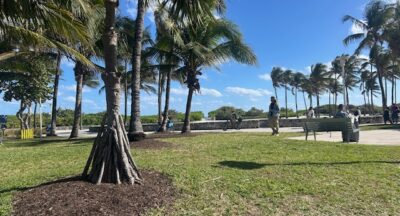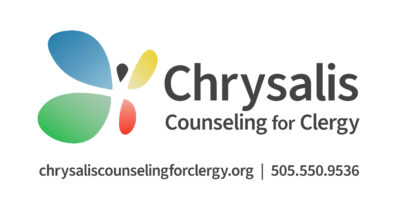
Making One Whole
Before worship began this morning, I overhead a conversation from the pew behind me where
one person was telling another: “You know, God doesn’t give us any more than we can handle.”
Every part of me went tense and I resisted the urge to turn around and say: “Where in scripture
does it say that?” To be clear, this phrase is not used in scripture, and I am certain that God does
not tinker with us in this way. For some reason, we are inadvertently taught that we are in a
reward system with our Creator – that we are tested and we are born broken and in constant need
of fixing. I for one do not worship this God – I worship the God who loves me always, has made
me whole, and created me in perfection. A God who encourages me to strive to know these
things about myself and to live in a way that lives this message out to the world.
In our pursuit of well-being and living in wholeness, there’s often an underlying assumption that
we are broken, fragmented, or incomplete in some way. This narrative of wholeness is seen as a
destination we must reach — a final state of perfection where all the pieces of our life fit together
seamlessly. But what if being whole isn’t about becoming perfect, but about embracing every
part of ourselves, including the parts we sometimes wish away?
Society often equates wholeness with perfection. We’re told that to be whole, we must have
everything figured out — our mental health, relationships, careers, and self-worth. But striving
for perfection creates pressure, leading to anxiety and self-doubt. True wholeness isn’t about
fixing every flaw or becoming a better version of ourselves; it’s about learning to coexist with
our societal imperfections.
Think of a broken pot repaired with kintsugi, the Japanese art of mending cracks with gold. The
cracks aren’t hidden; they’re embraced and highlighted, making the pot more beautiful for its
imperfections. Similarly, embracing every part of us — our scars, mistakes, and fears — allows
us to live more fully.
In moments of struggle, instead of beating ourselves up for not having it all together, we can
ask, What do I need right now? It could be a break, a listening ear, or simply a moment to
breathe. Small acts of self-care, practiced consistently, can begin to heal the wounds of self-
judgment.
Human beings are wired for connection. Often, the parts of us that feel most fragmented are
those that we feel we must hide from others. But when we open up and share our vulnerabilities,
we invite others to do the same, creating space for authentic relationships that support our
healing. In therapy, for example, healing happens not because the therapist “fixes” us, but
because we’re given a space to be seen and heard without judgment. In these safe environments,
we start to reclaim the lost parts of ourselves, weaving them back into our story.
I believe it’s important to recognize that wholeness is not a final destination but an ongoing
process. Life will always bring new challenges, and with them, opportunities to grow and adapt.
Instead of waiting to feel whole before living fully, we can choose to live as we are — embracing
every piece of us as part of the beauty of being human.
Related Posts
When the Bottom Drops Out
At Chrysalis Counseling for Clergy we acknowledge how difficult ministry can...
Collectivist vs. Individualist: Respecting One Another
I see myself as a curious observer to the human experience. I have always found...
Chrysalis – The Humble Beginnings
In January 2020, I defended my dissertation for my Doctorate in Ministry with...
The Power of Adaptability
Recently, I found myself in a meeting where the subject of resiliency was...






